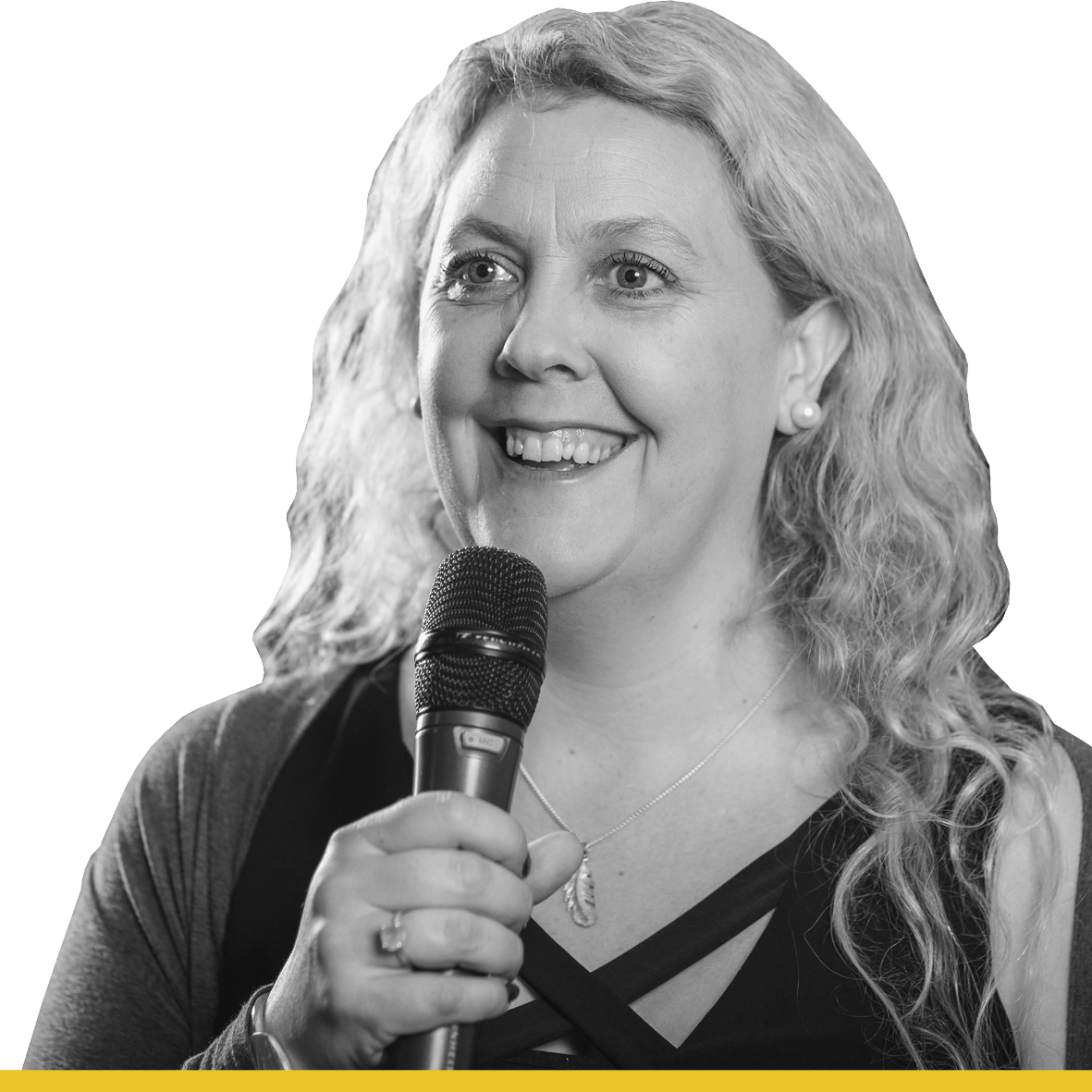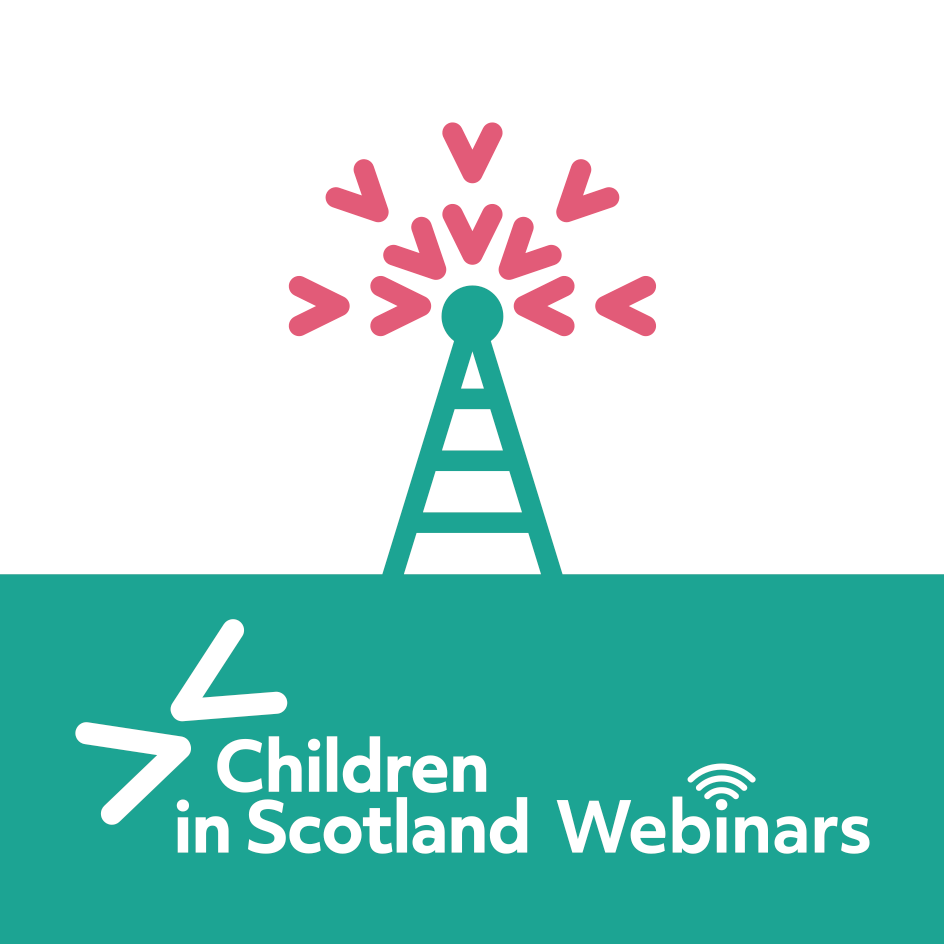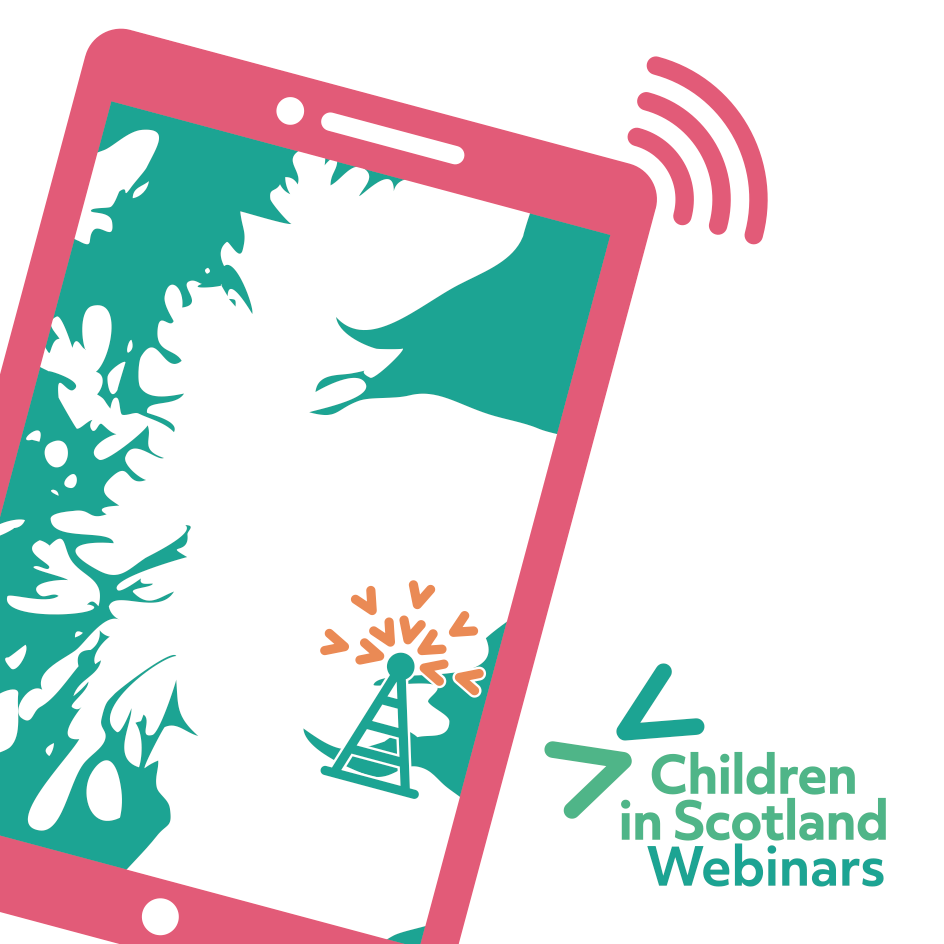
Q&A with Betsy de Thierry: Understanding the impact of shame
Posted 31 August, 2021 by Jennifer Drummond
We spoke to celebrated trauma specialist and author Betsy de Thierry (pictured) ahead of her upcoming webinar focusing on the impact of shame.
Betsy de Thierry is a trained psychotherapist and a qualified primary school teacher who has founded several charities that work directly with troubled families.
She is the Founding Director of the Trauma Recovery Centre (TRC), a charity that supports children and families, and the CEO of BdT Ltd Trauma Training and Consultancy, which supports professionals who work with traumatised children across the UK.
As a trauma specialist, she focusses on helping children, young people and those who work with them to understand how to facilitate trauma recovery and has authored several ‘simple guides’ to understanding trauma, shame and attachment difficulties.
We spoke to Betsy ahead of her upcoming webinar for Children in Scotland about understanding the impact of shame.
How did the ‘Simple Guide...” series of books begin and what were you responding to?
They started because I needed a handbook for the parents’ support groups we were running through the Trauma Recovery Centre. The Simple Guide to Child Trauma was written for them, but more seemed to be needed and it developed from there.
What’s the most important thing that you’ve learned in your approach to or understanding of shame in children and young people?
Shame can cause the same reaction in us humans as threat and fear and so we need to understand the power of it so that we can help reduce it in every setting. When we speak about it and understand it more, its power is already reduced.
In your book Understanding Shame in Children, you quote Louis Cozolino PhD, who describes shame as a 'visceral experience of being shunned and expelled from social connectedness'. That really drives home the impact of it. How do we begin to bring young people back from that and how do we promote healing from shame?
When we give the feeling a name, we can be less afraid of it and understand our primitive reactions. This enables us to reflect and explore and understand ourselves better. We can facilitate this atmosphere for young people and create communities which are emotionally safe and relationally authentic.
You also talk about building emotional literacy and creative responses in children to help make sense of it all. Can you give an example of how to build shame resistance?
If a child wets themselves, or a young person shouts and calls someone a name and runs out of the room, we can gently create a non-threatening, empathetic and kind environment to chat with the child or young person and enable them to reflect on how they may have felt frightened or threatened and how that caused them to react. Then, we can talk about how the reaction caused shame and how normal that is, but also what they can do instead of experiencing shame when they feel those big feelings instead.
Interview by Catherine Bromley


